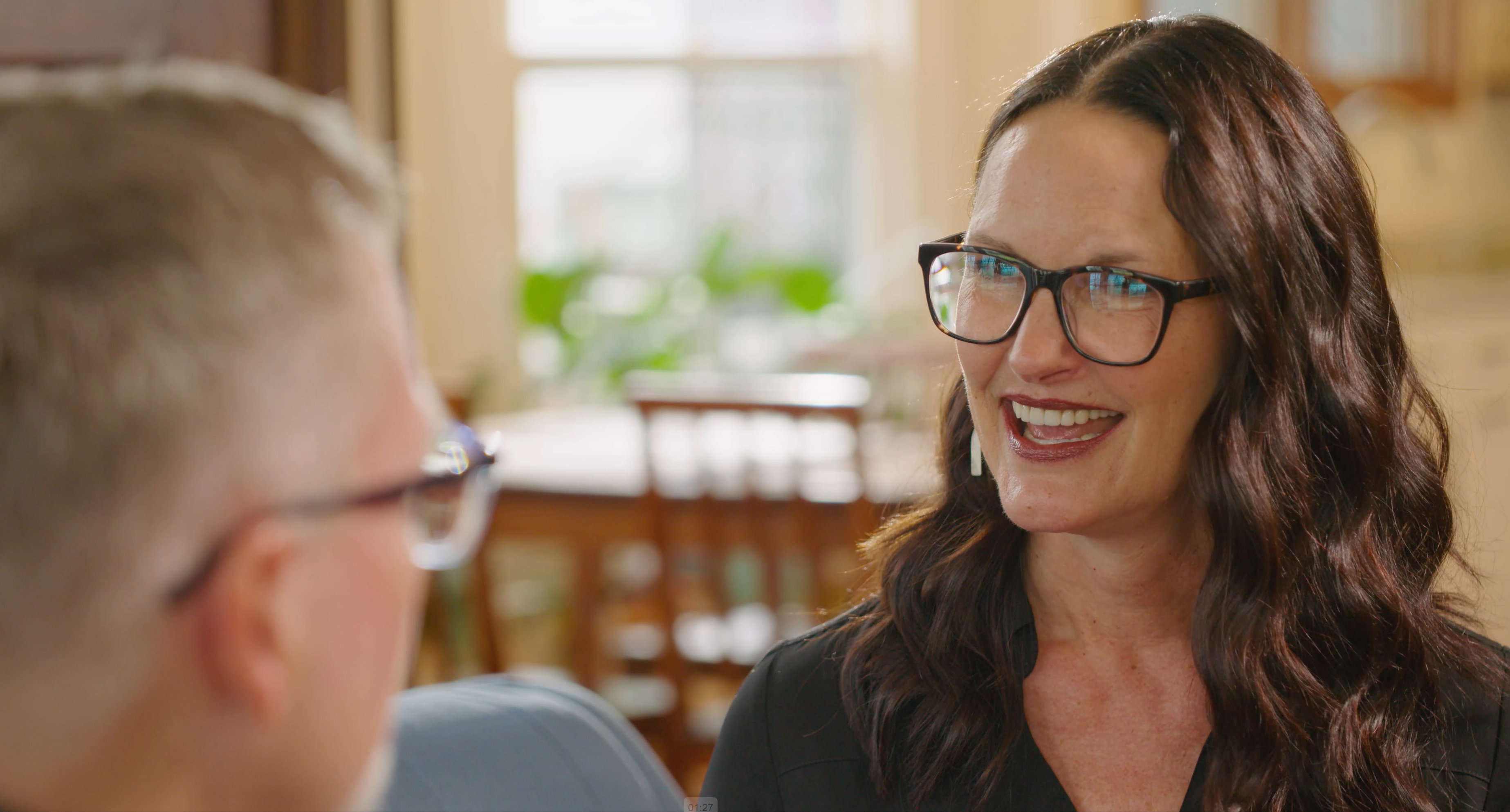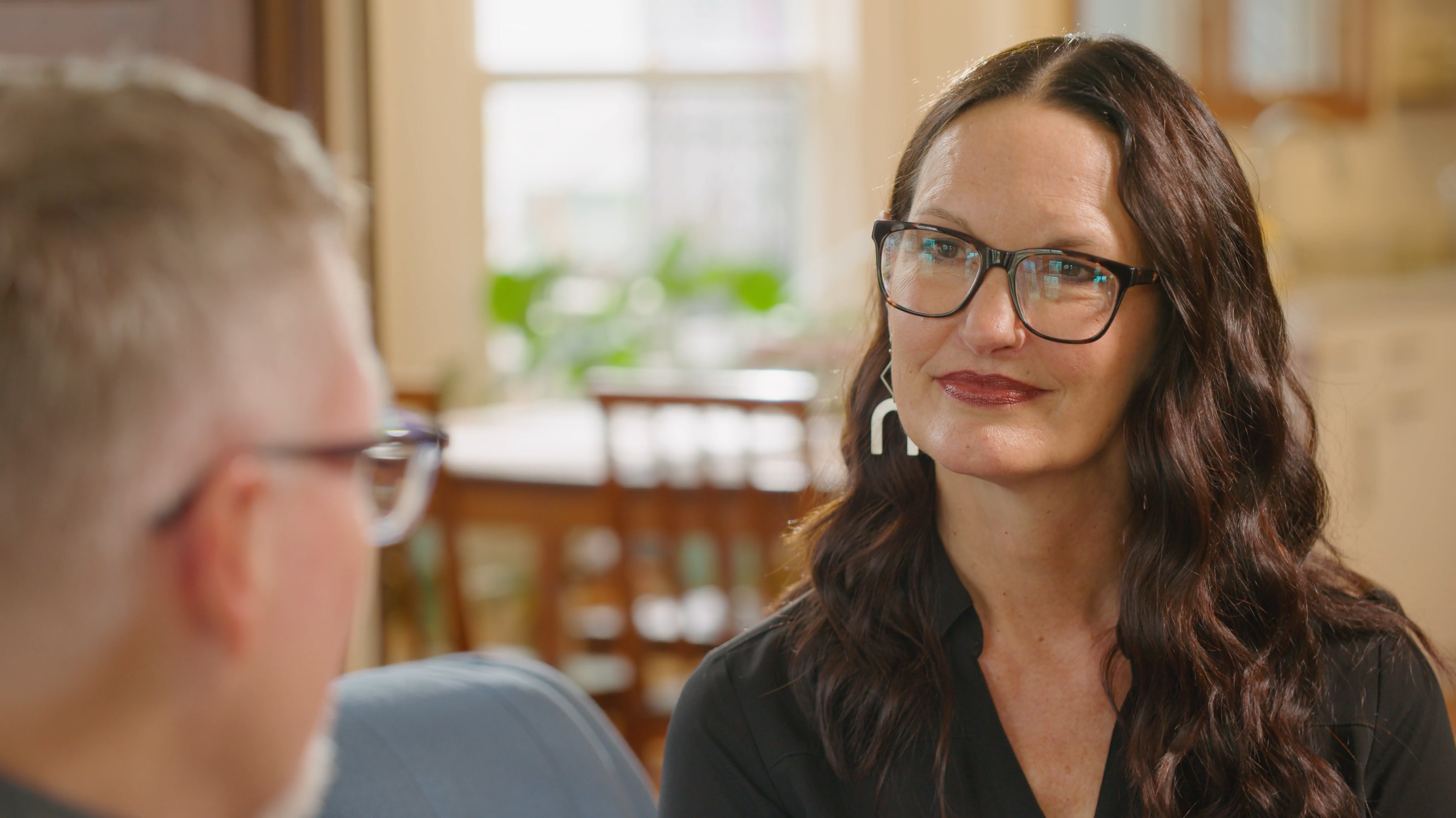When you’re leading change, it can create anxiety for some on your team. If your fundraising program has always followed a more transactional approach, when you introduce a relational model, your fundraisers may wonder how they’re going to be measured now, if not by the number of calls or asks they make.
You can set them up for success by encouraging them to prioritize relationship building. Even take asking out of the equation, in terms of how they’re evaluated. Provide support and training on how to create deeper relationships with donors. Put a structure in place and help your team build their plans for donor cultivation. (If you could use some guidance there, download our Donor Engagement Plan template.)
And if you’d like to learn more about how to develop a relational fundraising model, check out our Certification Course for Major Gift Fundraisers. This is a comprehensive training that will give you our best practices, tools and resources to help you create a thriving major gift program and connect more strategically with your donors.
Read the full transcript below:
Jeff Schreifels
Hi! Welcome to this month’s Question of the Month. We talk a lot about moving out of a transactional fundraising model to a relational model. And while some of this involves strategy and systems, there’s also a culture aspect that can be challenging, especially if others at your organization are not supportive of this move. So today, Karen and I will be answering this month’s question: How do you make it safe to move from a transactional fundraising model to a relational model?
Karen Kendrick
That’s a great question. And first, let me talk a little bit about what transactional might look like. It might be a leader feeling the pressure to bring in the revenue, right? So they’re saying to their fundraisers, “I need you to make a lot of asks. I want you to ask everybody for a gift,” or “This donor gave a whole bunch of money over here. So I want you to go ask that donor now for $500,000,” when they’ve only given $50,000. Right? And that’s a lot of pressure put on the fundraisers to be transactional. It’s about the money, right? You know, so it’s a little scary to move into relational. Like, “If I move out of that model, is it still going to work? Am I still going to bring in the revenue?” And we know it does. We’ve done it over and over again. But it’s a transition in how you function and how you work.
Karen Kendrick
So you think about, “How do I create a safe space, as a leader, for my team to shift into that?” And I love… we’ve been working recently with Karen LaMalva at St. Jude. And she just had a great example of how, as a leader, she did that. So we came in to do a training with them, and we’ve been working with them for years, and she said, “Karen, I want you to really teach my experienced “been here a while” fundraisers how to make great asks. Use that Permission-Based model, have those good conversations, be bold in their asking where they have the relationships, and tell the donor how they made a difference. And then for my new fundraisers, I don’t want them to be asking at all. I want them to be building relationships.” And this is the fourth quarter; this is the asking time of the year. She said, “Let direct mail do the asking and let them build relationships.” And so she created a system and structure where you’re measured on building relationships first, and then asking boldly as you build that trust. And so I loved… I asked Karen permission, because she did such a great job of setting that up with her people in an effective way.
Jeff Schreifels
Thanks, Karen, for your insight. We know that moving into a relational fundraising model can be difficult. But it’s so important as you build more authentic relationships with your donors. If you want to learn more about how to develop a relational fundraising model, be sure to check out our Certification Course for Major Gift Fundraisers. This is a comprehensive training that will give you our best practices, tools, and resources to help you create a thriving major gift program and connect more strategically with your donors. You can learn more about this course by visiting our website or by emailing us at academy@veritusgroup.com. Thank you and take care.

![A donor is showing her membership card. Moving Out of a Membership Mindset [Podcast Episode]](https://veritusgroup.com/wp-content/uploads/2022/08/Podcast-Episode-Blog-Post-Header-Image_081722.png)





0 Comments